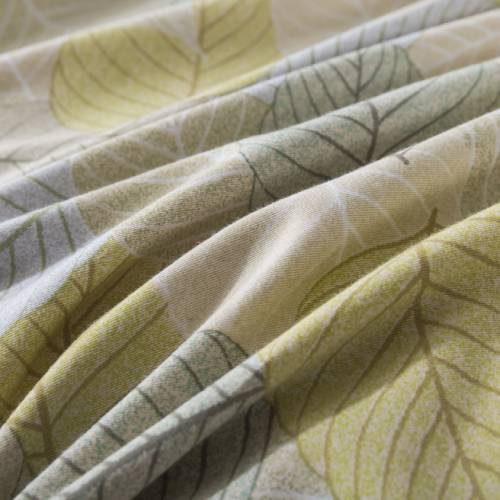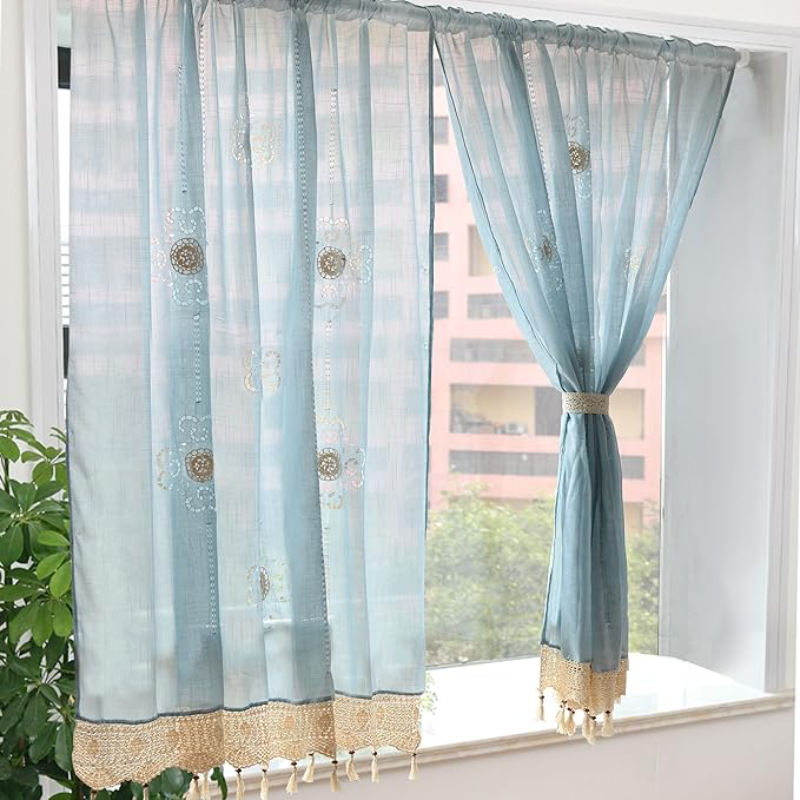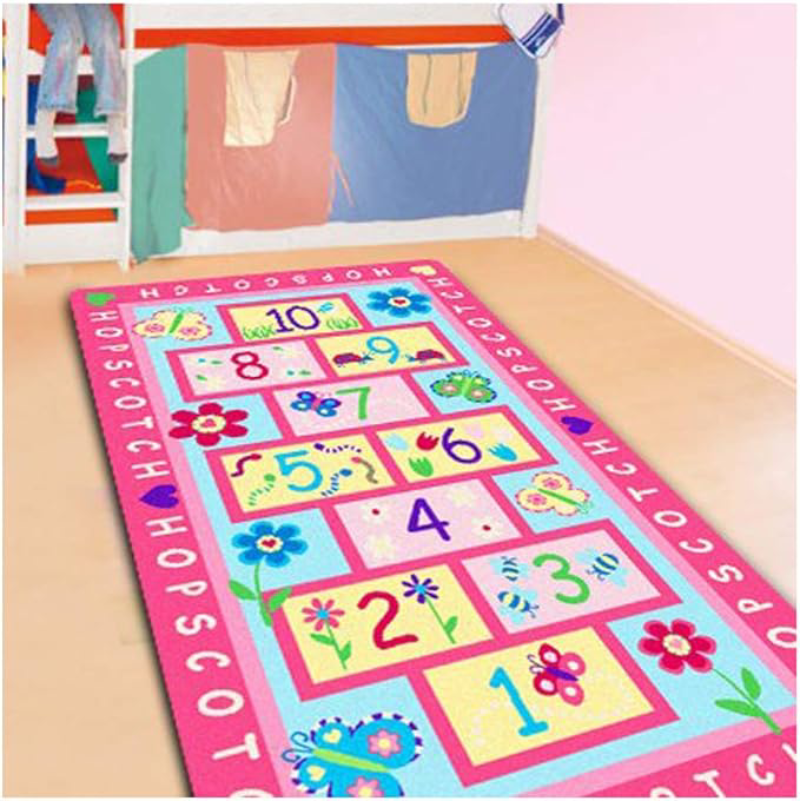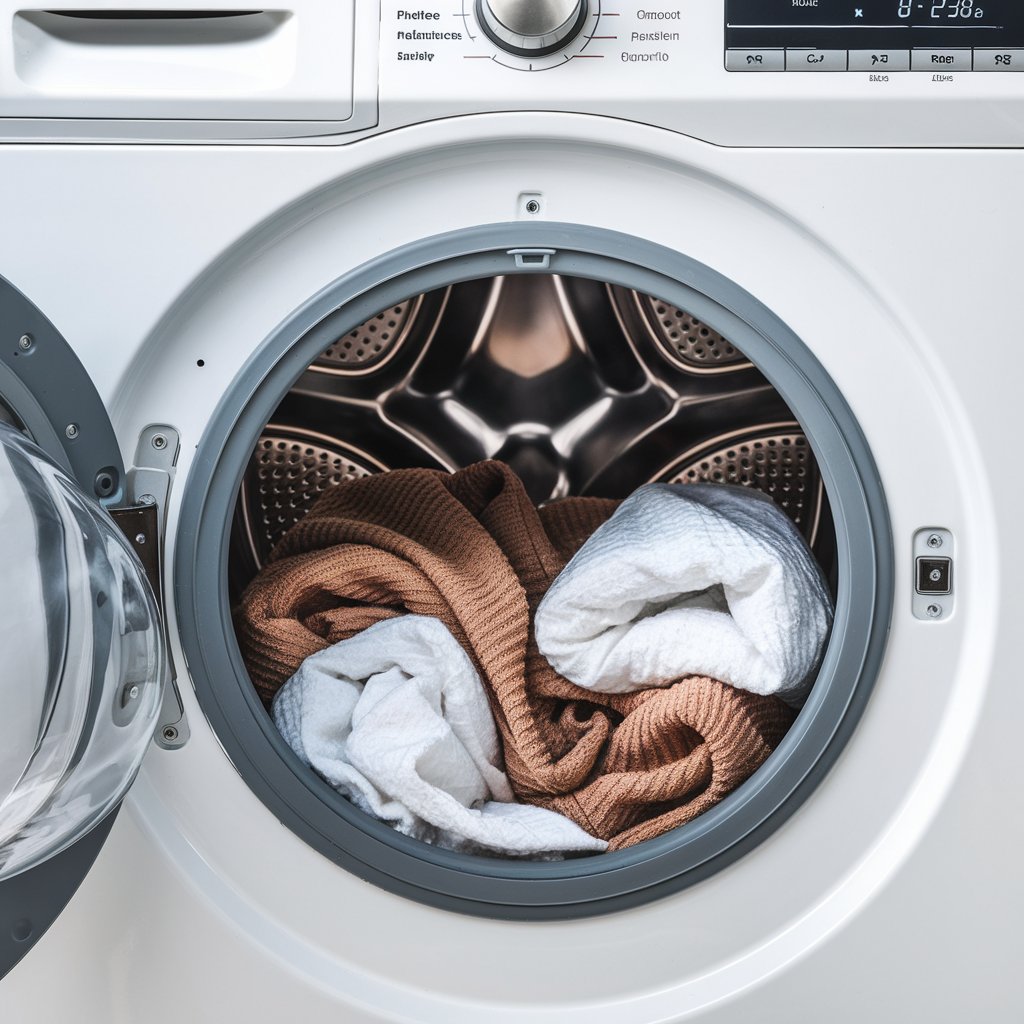Washing bed sheets may seem like a mundane task, but doing it correctly can significantly impact your sleep quality, hygiene, and the longevity of your bedding. One of the key considerations in maintaining clean sheets is the water temperature used during washing. This blog will delve into the ideal temperatures for washing bed sheets, the science behind it, and best practices to ensure your bedding remains fresh, comfortable, and long-lasting.
Understanding Fabric Types
Before discussing the ideal washing temperature, it's essential to understand the types of fabrics commonly used in bed sheets. Different materials have varying tolerances to heat, which affects how they should be washed.
1. Cotton
Cotton is a popular choice for bed sheets due to its breathability, softness, and durability. Most cotton sheets can be washed in warm to hot water, as high temperatures help remove dirt, oils, and allergens effectively.
2. Linen
Linen sheets are known for their natural breathability and moisture-wicking properties. They should generally be washed in cold to warm water to prevent shrinking and maintain their texture.
3. Microfiber
Microfiber sheets, made from polyester fibers, are durable and resistant to stains. They can typically be washed in warm water, but hot water can also be used occasionally for a deep clean.
4. Bamboo
Bamboo sheets are gaining popularity for their eco-friendliness and softness. These sheets should be washed in cold water to preserve their integrity and prevent shrinking.
The Ideal Washing Temperatures
Cold Water (60°F - 80°F / 15°C - 27°C)
Washing sheets in cold water is suitable for:
- Bamboo Sheets: Cold water helps maintain their softness and prevents shrinking.
- Linen Sheets: Cold washing preserves the natural fibers and texture.
- Microfiber: Helps maintain the fabric's integrity and color vibrancy.
Cold water is also a great option for light cleaning, especially if your sheets aren't heavily soiled. Additionally, using cold water is more energy-efficient, which can contribute to lower utility bills and a smaller environmental footprint.
Warm Water (90°F - 110°F / 32°C - 43°C)
Warm water strikes a balance between effective cleaning and fabric care, making it ideal for:
- Cotton Sheets: Warm water helps dissolve dirt and oils without causing significant wear.
- Microfiber: Provides a thorough cleaning while keeping the fabric intact.
Warm water is especially beneficial for sheets that see regular use, as it can help eliminate allergens and bacteria more effectively than cold water.
Hot Water (130°F - 150°F / 54°C - 65°C)
Hot water is often recommended for thoroughly cleaning heavily soiled sheets or for sanitizing purposes. It’s best for:
- Cotton Sheets: Hot water can help kill germs and allergens, making it suitable for households with allergies or illnesses.
- Stain Removal: If your sheets have stubborn stains, hot water can be more effective in lifting them out.
However, it's crucial to note that washing in hot water may cause some fabrics, like linen or bamboo, to shrink or lose their texture over time. Always check the care labels on your sheets for specific washing instructions.
The Science of Temperature and Cleaning
Bacteria and Allergens
Washing your sheets at higher temperatures can help eliminate harmful bacteria, dust mites, and allergens. Studies suggest that washing bed linens in hot water (at least 130°F) can effectively kill dust mites, which can significantly benefit allergy sufferers.
Stain Removal
Hot water can break down and dissolve oils, making it easier to remove stains. However, always be cautious with colored sheets, as hot water can sometimes cause fading or bleeding.
Fabric Care
Each fabric has its own characteristics, and understanding them is essential to maintaining your sheets. Over time, consistent use of high temperatures on delicate fabrics can lead to pilling, shrinking, or fading. For instance, linen and bamboo fibers are best preserved in cooler washes.
Frequency of Washing Bed Sheets
While washing temperature is crucial, the frequency of washing bed sheets also plays a significant role in maintaining hygiene. Here are some general guidelines:
- Once a Week: For those with allergies, pets, or who sweat during the night, washing sheets once a week is advisable.
- Every Two Weeks: If you don’t have specific concerns, washing your sheets every two weeks is generally sufficient.
- Monthly: In low-use scenarios, such as guest rooms, washing sheets once a month may be acceptable.
Additional Washing Tips
1. Check Care Labels
Always follow the care instructions provided on the label of your sheets. This will help you avoid mishaps like shrinking or fabric damage.
2. Separate Colors
To prevent color bleeding, wash colored sheets separately from whites. This practice helps maintain the vibrancy of your colored sheets and prevents dulling of your whites.
3. Use Gentle Detergents
Opt for mild, non-toxic detergents, especially for sensitive skin. Avoid fabric softeners, as they can leave residues that may irritate the skin or affect the absorbency of the fabric.
4. Don’t Overload the Washer
Allow enough space in your washing machine for sheets to move freely. Overloading can result in uneven cleaning and may leave detergent residue on your sheets.
5. Drying Options
When drying your sheets, air drying is the gentlest method, helping maintain fabric integrity. If using a dryer, select a low to medium heat setting to avoid shrinkage and wear.
Conclusion
Choosing the right temperature for washing your bed sheets is a critical aspect of bedding maintenance. While cold water can be effective for lightly soiled sheets, warm and hot water are ideal for thorough cleaning and sanitization. Always consider the fabric type, care instructions, and your personal preferences when deciding on washing temperatures.
By understanding how temperature affects cleaning, you can make informed decisions that promote both hygiene and the longevity of your bedding. Regular washing not only ensures a clean and comfortable sleep environment but also contributes to your overall well-being. With the right approach to washing, your sheets can remain fresh, inviting, and ready for a restful night’s sleep.







